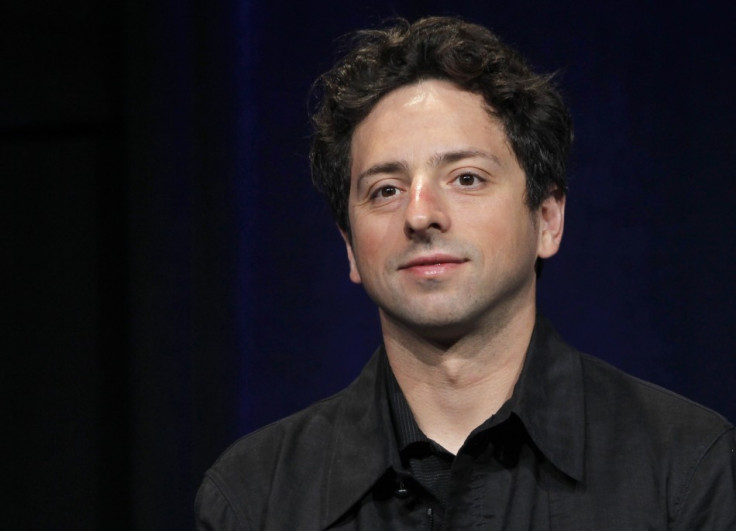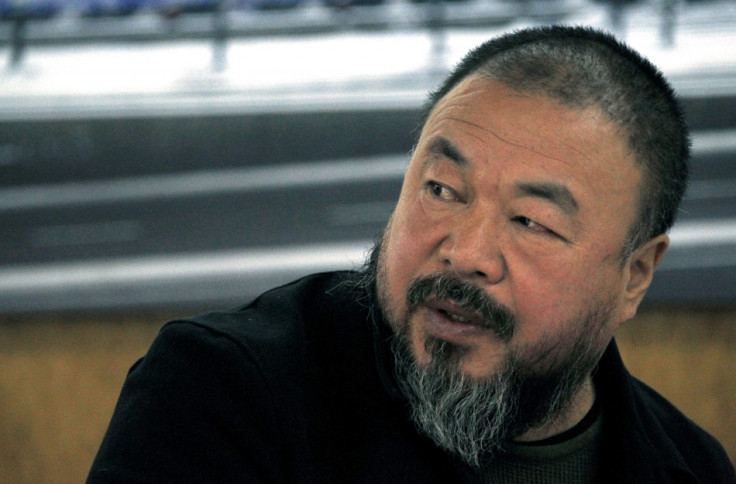Apple and Facebook Restrict Internet Freedom - Google co-Founder Sergey Brin
Google co-founder Sergey Brin believes restrictive walled gardens imposed by the likes of Facebook and Apple is putting internet freedom under more threat than ever.
In an interview with the Guardian Brin warned that "very powerful forces have lined up against the open internet on all sides around the world. I am more worried than I have been in the past."

Brin, 38, added that he finds the situation "scary" and blames the entertainment industry's drive to crush piracy through the controversial Sopa and Pipa acts and how Apple and Facebook restrict what software can be developed on their platforms.
Speaking about Facebook and how the social network limits what applications developers can create for it, Brin said: "You have to play by their rules, which are really restrictive. The kind of environment that we developed Google in, the reason that we were able to develop a search engine, is the web was so open. Once you get too many rules, that will stifle innovation."
Brin admitted in the interview on 16 April that he was most concerned by how countries such as China, Saudi Arabia and Iran censor and restrict users' access to certain sites and social networks like Twitter, Facebook and YouTube.
"I thought there was no way to put the genie back in the bottle, but now it seems in certain areas the genie has been put back in the bottle," Brin said, having previously believed that countries like China could not restrict the internet as they do now.
Chinese artist and activist Ai Weiwei also said in the Guardian that his country' attempts to restrict internet access will not be successful. "In the long run they must understand it's not possible for them to control the internet unless they shut it off - and they can't live with the consequences of that," he said.

Weiwei said that blogging has given everyone the ability to write and share their opinions online with an audience, but adds: "The government cannot give up control. It blocks major internet platforms - such as Twitter and Facebook - because it is afraid of free discussion. And it deletes information. The government computer has one button: delete."
With regard to the entertainment industry and its controversial Sopa and Pipa acts - which, if passed, would have the power to hand out heavy fines and imprisonment for the smallest of copyright infringements - Weiwei said it was "shooting itself in the foot, or maybe worse than in the foot."
Brin believes that the entertainment industry has failed to understand that people will continue to download copyrighted material while it remains easy to do so. "I haven't tried it for many years but when you go on a pirate website, you choose what you like; it downloads to the device of your choice and it will just work - and then when you have to jump through all these hoops [to buy content legally], the walls created are disincentives for people to buy."
Censorship on the internet is, according to Weiwei, "like saying: 'I'm the one who says the last sentence. Whatever you say, the conclusion is mine.' But the internet is like a tree that is growing.
"The people will always have the last word - even if someone has a very weak, quiet voice. Such power will collapse because of a whisper."
While Google aims to provide a transparent internet open for all, it does occasionally have to hand over data requested by US authorities, sometimes without informing the users that it is doing so.
Brin said: "We push back a lot; we are able to turn down a lot of these requests. We do everything possible to protect the data. If we could wave a magic wand and not be subject to US law, that would be great.
"If we could be in some magical jurisdiction that everyone in the world trusted, that would be great. We're doing it as well as can be done."
Weiwei concluded: "The internet is uncontrollable. And if the internet is uncontrollable, freedom will win. It's as simple as that."
© Copyright IBTimes 2025. All rights reserved.






















